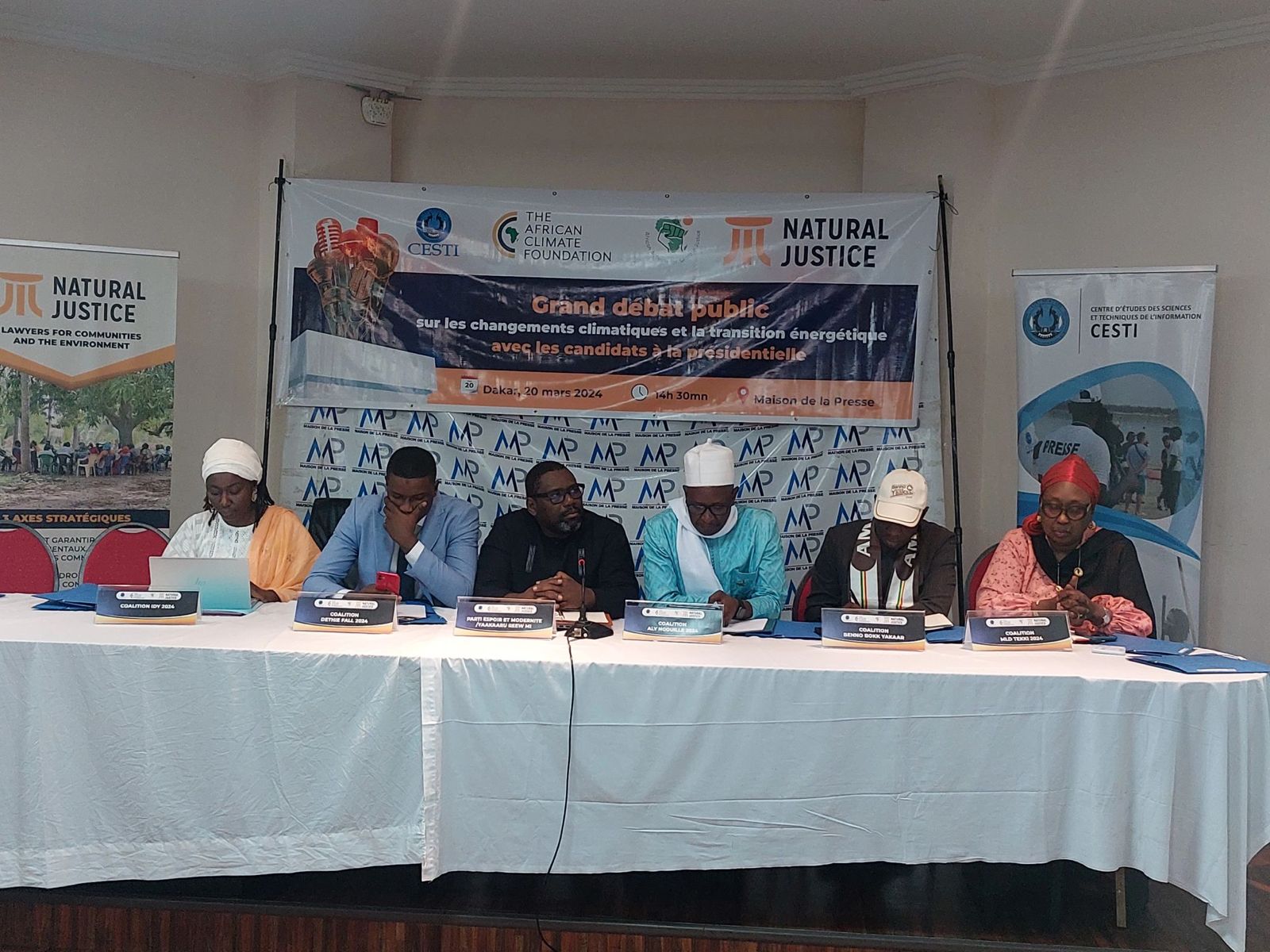While the war in Ukraine has had devastating impacts on food security on the continent, climate change and market dysfunctions are creating long term vulnerabilities that are impacting the lives of millions of African people.
This year East Africa and the Horn of Africa experienced the worst drought on record in four decades. In Kenya, the price of key staples such as maizemeal increased by 40% and famine has now been declared in parts of Somalia.
Droughts of this nature, other extreme weather events, changing rainfall patterns, shifting pest and disease patterns will become an increasing reality as climate change impacts continue to ravage our continent.
Building adaptive capacity and resilience is therefore critical, especially considering the food needs of our growing population. But building adaptive capacity and resilience will require more than environmental safeguards, it will also require us to address serious market dysfunctions that are undermining the resilience of our food systems.
For example, analysis by our partners at the Centre of Competition, Regulation, and Economic Development (CCRED) reveals that a handful of transnational corporations now dominate input supply chains, trade in commodities and influence production in many key food sectors.
Increased market concentration of these large global agri-food companies is shaping how African food markets operate with smaller producers increasingly reliant on a shrinking pool of suppliers and buyers.
A lack of infrastructure like irrigation, logistics and storage facilities means that farmers are restricted to selling their produce at harvest time – often at low prices. But while farmers are selling low, consumers, especially in urban areas, are subject to exorbitant food prices on the shelves. The system is clearly broken.
On a continent, where an estimated 364 million people currently face food crises, urgent intervention is therefore needed to transform and protect our food systems against climate and market failures. This requires taking a holistic approach to the multiplicity of factors that influence the sustainability of our food security.



